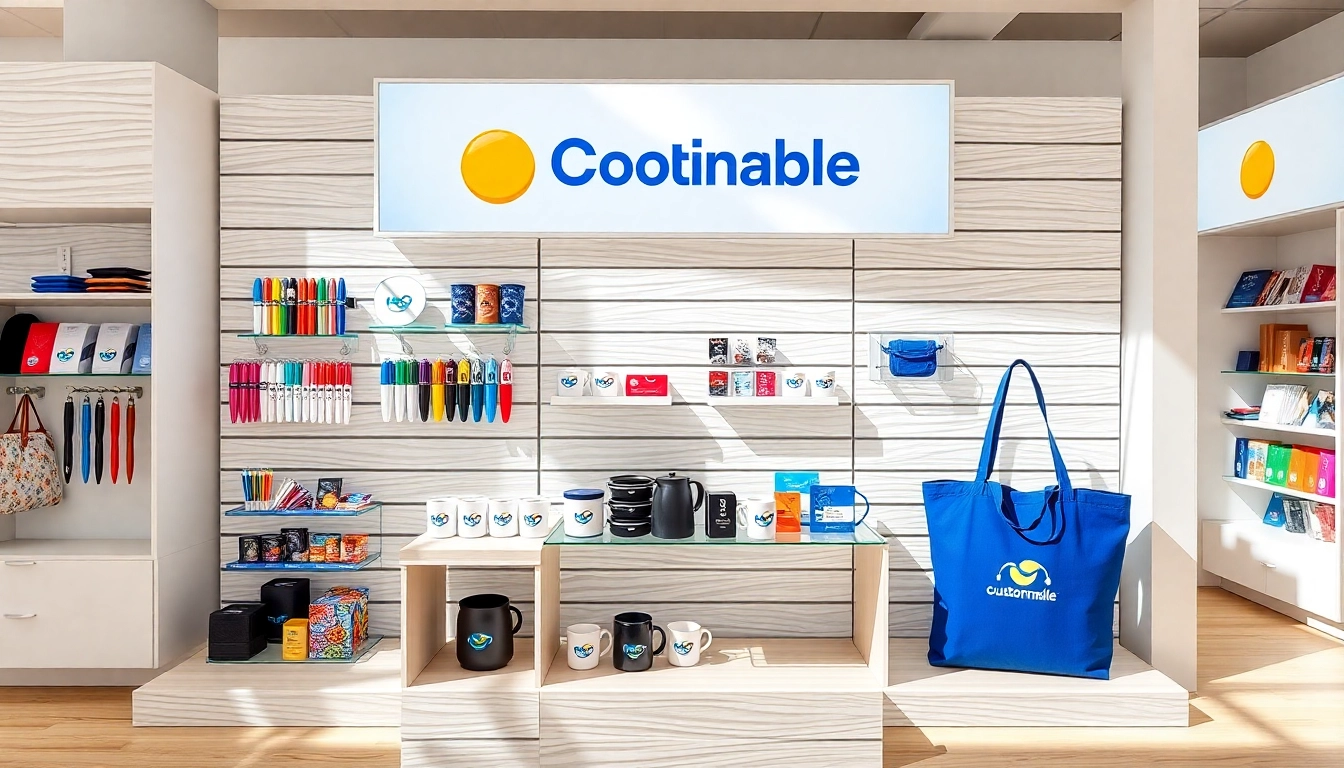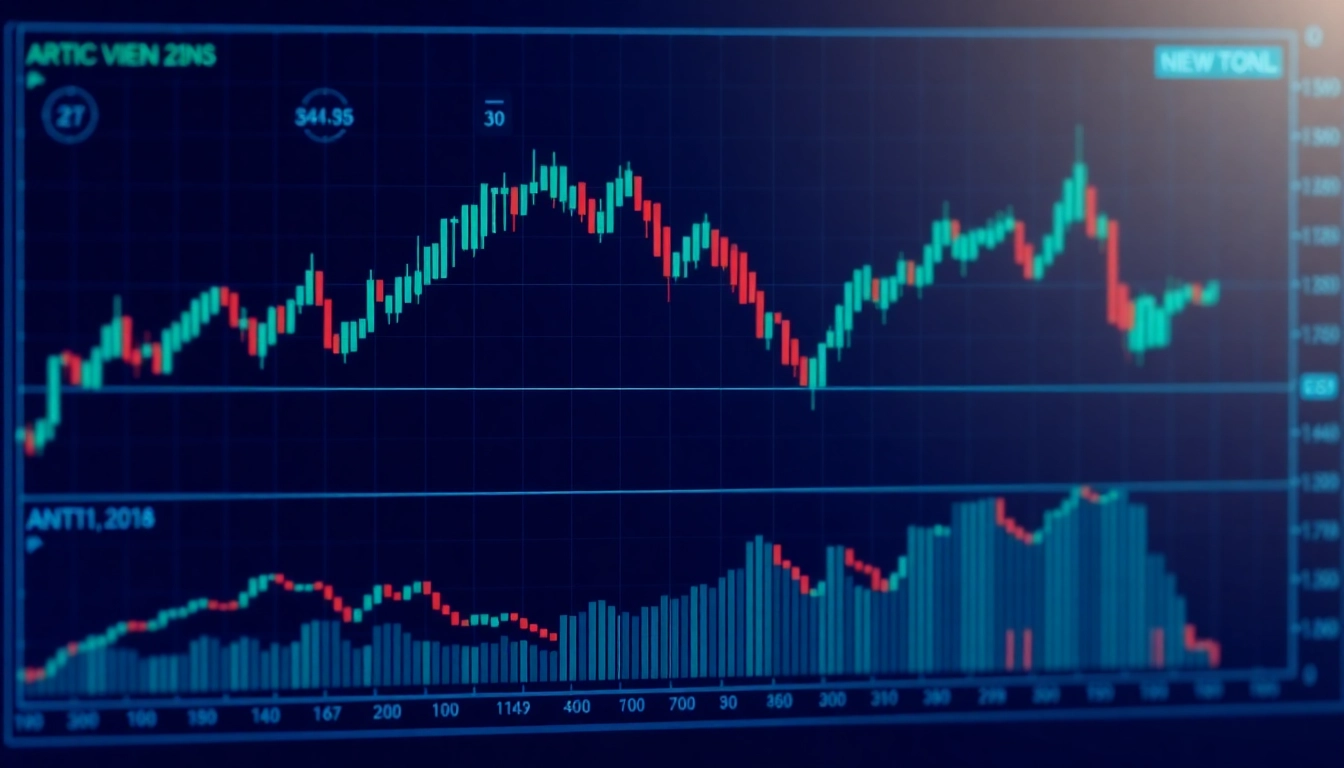Empowering Wholesale Food Vendors: Strategies, Practices, and Opportunities in the Indian Spices and Processed Food Industry
In the dynamic world of the food industry, wholesalers play a pivotal role in connecting manufacturers with retailers, restaurants, and consumers. As the demand for authentic spices, processed foods, health-conscious superfoods, and global cuisines grows, wholesalers are uniquely positioned to capitalize on these trends through strategic sourcing, quality assurance, effective marketing, and technological adaptation. For businesses operating in India and beyond, especially those involved in the distribution of spices, sauces, pickles, and ready-to-eat products from trusted manufacturers like Wholesalers, understanding key operational principles and market dynamics becomes essential for sustained growth and competitive advantage.
Understanding the Role of Wholesalers in the Food Industry
Key Responsibilities of Food Wholesalers
Food wholesalers serve as the intermediary link between producers and the end retailers or foodservice providers. Their fundamental responsibilities encompass procurement, inventory management, logistics, and sales. They must ensure that high-quality, authentic products such as spices powder, whole spices, cooking pastes, chutneys, sauces, pickles, jams, and dehydrated foods reach their clients efficiently. By maintaining a vast network of suppliers—like acclaimed manufacturers of organic and processed foods—they ensure product availability and consistency, crucial factors for retail success.
Importance of Quality Products for Wholesale Success
In an industry increasingly driven by consumer preference for organic, safe, and flavorful products, quality assurance is paramount. Wholesalers must source from reputable manufacturers who hold necessary certifications and adhere to stringent food safety standards. For instance, Spice Nest, a leading Indian manufacturer and exporter, guarantees authentic spices, certified by major food exhibitions worldwide, thus providing trust and reliability to their wholesale partners. Offering such certified, high-grade products not only enhances customer satisfaction but also builds long-term business relationships.
Market Trends Influencing Food Wholesalers
Current industry trends include a rising demand for organic foods, gluten-free and superfood products, regional condiments like Rajshthani style chutneys, and ready-to-eat meal bases. The global shift towards health-conscious eating has propelled the market for raisins, dry fruits, and dehydrated foods, opening new avenues for wholesalers. Additionally, sustainability and traceability are now critical factors, with consumers favoring brands that promote organic farming practices and eco-friendly packaging. Staying abreast of these trends allows wholesalers to tailor their offerings, expand into emerging categories, and meet evolving consumer expectations.
Building a Robust Supply Chain as a Wholesaler
Sourcing Authentic Spices and Processed Foods
A resilient supply chain begins with sourcing genuine products from trustworthy manufacturers. Establishing ties with industry leaders like Spice Nest ensures access to a diverse product portfolio—ranging from premium spices powders, whole spices, and dehydrated foods to unique regional specialties like Dry Bhakhri or Tamarind. It’s essential to vet suppliers for their certification standards, consistency in product quality, and adherence to food safety regulations. Participating in major food exhibitions globally, such as Biofach 2024, provides opportunities to connect directly with manufacturers’ representatives and verify their credentials.
Establishing Reliable Supplier Partnerships
Long-term relationships with suppliers are crucial. These partnerships should be built on mutual trust, transparency, and shared commitment to quality and timely delivery. Regular audits, feedback systems, and clear communication channels foster strong bonds. For example, Spice Nest’s participation and successful showcase at Biofach demonstrate their commitment to quality and innovation, which wholesale buyers can leverage to negotiate better terms and secure preferred supply agreements.
Managing Inventory for Optimal Efficiency
Effective inventory management balances the availability of popular products, such as strawberry jams and chilli garlic chutneys, with the need to minimize excess stock. Implementing inventory tracking systems, demand forecasting, and just-in-time procurement strategies ensure freshness, reduce wastage, and improve cash flow. Wholesalers should prioritize popular SKUs like ready-to-eat gravies and regional pickles while also exploring niche categories such as superfoods and dehydrated delicacies to diversify their portfolio.
Effective Marketing and Customer Engagement for Wholesalers
Creating a Strong Digital Presence
In the digital age, a robust online presence is a non-negotiable. Wholesalers must develop professional websites with detailed product catalogs, certifications, and easy ordering options. Content marketing, including blogs about spice applications, recipes, and industry insights, attracts traffic and builds authority. Leveraging social media platforms like LinkedIn and Instagram can showcase new product launches, attend virtual trade seminars, and connect directly with potential clients worldwide.
Leveraging Trade Shows and Exhibitions
Trade shows are pivotal for networking, brand visibility, and discovering new trends. Events like Biofach or India’s top food & beverage expos in 2025 provide a platform to exhibit products, gather market feedback, and negotiate with international buyers. Spice Nest’s successful exhibition at Biofach exemplifies the importance of active participation in such international trade fairs for expanding reach and establishing credibility.
Building Long-term Client Relationships
Customer retention hinges on personalized service, consistency, and value-added offerings. Providing detailed product information, flexible payment terms, and timely delivery fosters trust. Offering product samples, technical support for product usage, and educational webinars on spice storage or health benefits can deepen client engagement. Developing loyalty programs or exclusive deals for loyal customers encourages repeat business and referrals.
Compliance, Certifications, and Quality Assurance
Understanding Certification Requirements
Compliance with domestic and international standards is critical. Certifications like ISO, FSSAI, Organic India certifications, and HACCP ensure product safety and quality. Spice Nest, being a certified manufacturer and exporter, adheres to these standards, which wholesale buyers should verify to maintain credibility. Suppliers who participate in major global exhibitions demonstrate transparency and compliance, making them reliable partners.
Maintaining Food Safety Standards
Food safety encompasses Good Manufacturing Practices (GMP), cleanliness, and hazard analysis. Implementing robust quality control protocols at every production stage minimizes contamination risks. Regular audits, staff training, and pioneering sterilized & canned foods procedures bolster consumer confidence and reduce liability.
Implementing Quality Control Processes
Quality control includes sourcing verification, sensory analysis, microbiological testing, and packaging integrity checks. Utilizing advanced testing laboratories and traceability systems is vital for responding swiftly to quality issues and ensuring that every batch—from dried herbs to chili garlic chutney—is top-notch.
Future Opportunities and Expansion for Wholesale Vendors
Emerging Markets and Product Categories
Global interest in Indian cuisine, organic superfoods, and health supplements opens new avenues. Wholesalers can expand into organic spices, herbal extracts, and exotic regional products like Veg Kolhapuri ready-to-eat meals, tapping into the international market. Additionally, niche categories such as tamarind-based products or dehydrated fruits are witnessing increased demand.
Adopting Sustainable and Organic Practices
Sustainability initiatives—such as sourcing from organic farms or reducing packaging waste— resonate with environmentally conscious consumers. Establishing supply chains that prioritize eco-friendly practices adds an element of corporate responsibility and enhances brand value. Engaging with certified organic manufacturers like Spice Nest assures compliance and appeal to premium markets.
Utilizing Technology for Growth
Digital tools like ERP systems, AI-driven demand forecasting, and e-commerce platforms streamline operations, improve inventory accuracy, and expand reach. Implementing data analytics helps identify market trends, optimize procurement, and tailor offerings to customer preferences. Virtual trade shows and online B2B marketplaces further augment exposure and sales channels.













